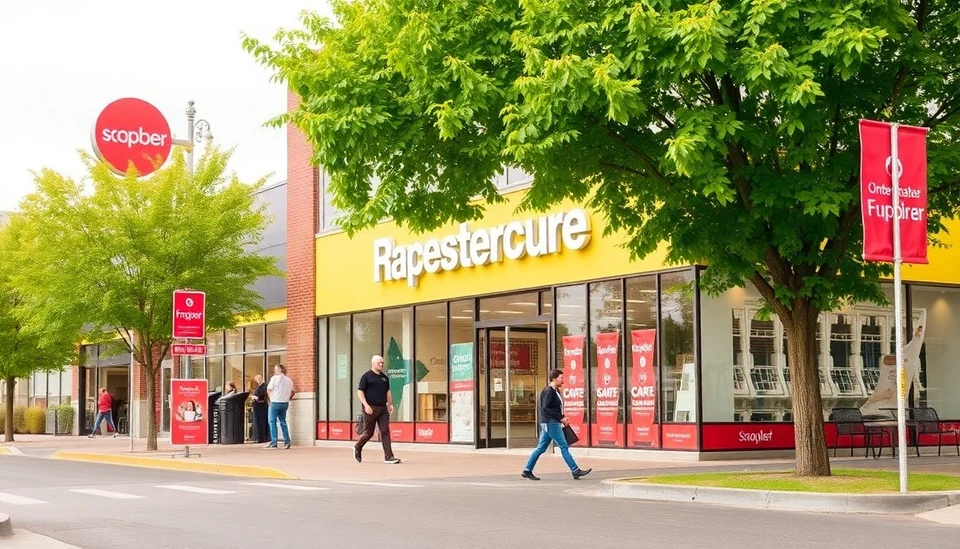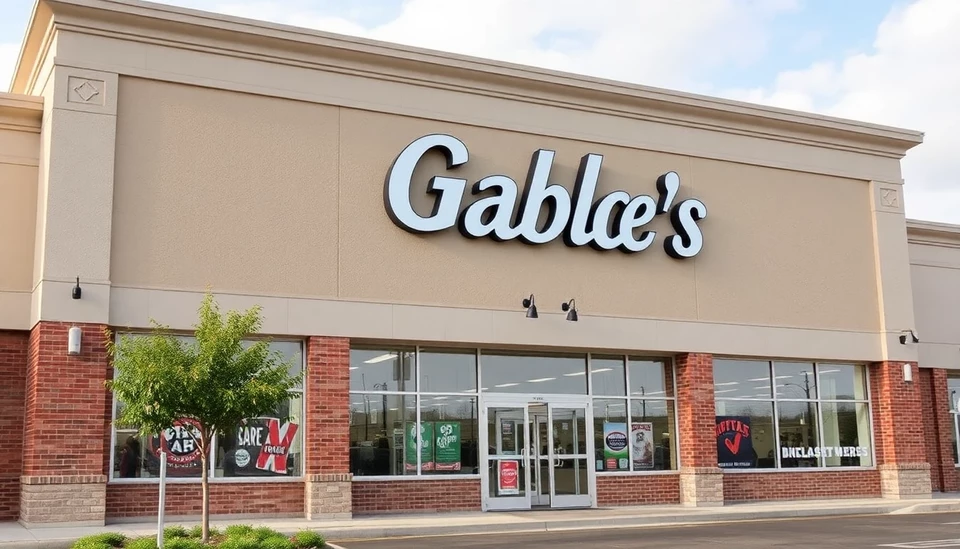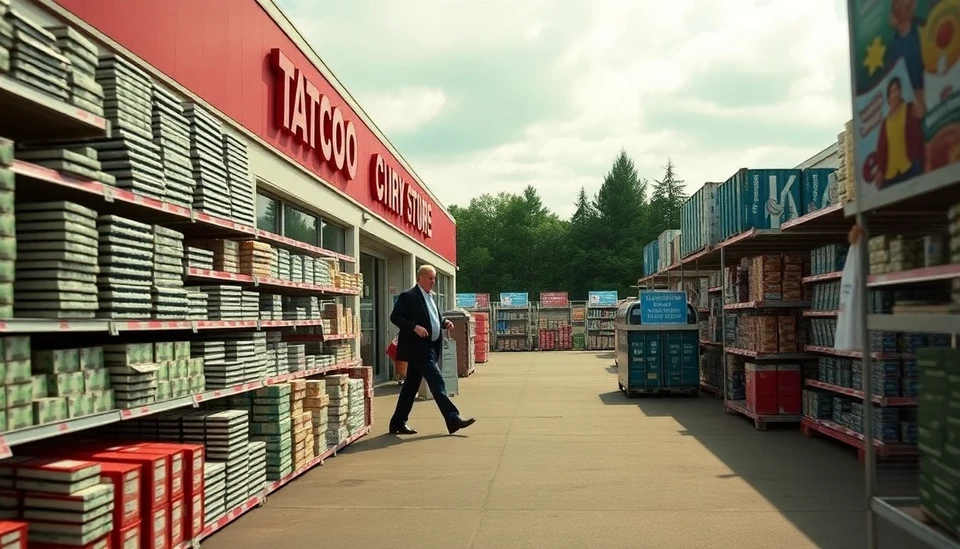
In a recent statement, billionaire investor and former U.S. Treasury Secretary, Wilbur Ross, shed light on a troubling trend in consumer behavior that is making retailers increasingly anxious. Despite the allure of steep discounts and promotions, consumers are reportedly holding back their spending. Ross's insights come amidst growing concerns about the health of the economy and the increasingly cautious attitude of shoppers.
During a discussion, Ross emphasized that even significant price reductions, which in the past would have sparked a shopping frenzy, are failing to entice the wary consumer. This phenomenon can be attributed to a combination of factors, including rising inflation, economic uncertainty, and lingering concerns about job security. As buyers remain hesitant to open their wallets, retailers face mounting pressure to find new strategies that can stimulate demand.
Ross pointed to key economic indicators that reflect this cautious mindset. He noted that while discounts are a fundamental strategy for retailers to clear inventory and boost sales, the underlying consumer sentiment is what ultimately drives purchasing decisions. With many individuals focused on saving and reducing debt rather than splurging on luxury items or non-essential goods, the retail landscape is becoming increasingly challenging.
A notable point raised by Ross is the changing dynamics of consumer demographics. Young shoppers, who historically contributed to exuberant spending, are displaying more restraint than before. Many are prioritizing necessity over luxury, which begs the question of how businesses will evolve their marketing strategies to engage these consumers effectively.
Retailers are now caught in a complex situation. They must strike a balance between enticing customers with discounts and maintaining healthy profit margins. The strategy to lure consumers in with discounts might not be enough if consumers remain apprehensive about financial stability. As prices for everyday goods continue to rise, consumers may opt to buy less or seek alternatives, placing further stress on an industry already grappling with supply chain difficulties.
Furthermore, Ross urged stakeholders to pay close attention to macroeconomic trends, including the possibility of a recession and its potential impact on consumer spending patterns. In this climate, retailers are being forced to rethink their approaches not just to pricing but to product offerings as well. Those who can adapt quickly to changing consumer tastes and concerns may find success, while others risk being left behind as the retail landscape continues to evolve.
In conclusion, the insights from Wilbur Ross highlight an urgent reality for the retail sector: steep discounts alone are not enough to sway nervous consumers. As economic conditions create a challenging environment for shopping behavior, both retailers and consumers must navigate uncharted waters together.
As the world adjusts to new norms in spending and consumption, it remains to be seen how the retail industry will respond to these fundamental shifts in consumer mentality.
#discount #shopping #consumers #economy #retail #strategy #awareness
Author: John Harris




